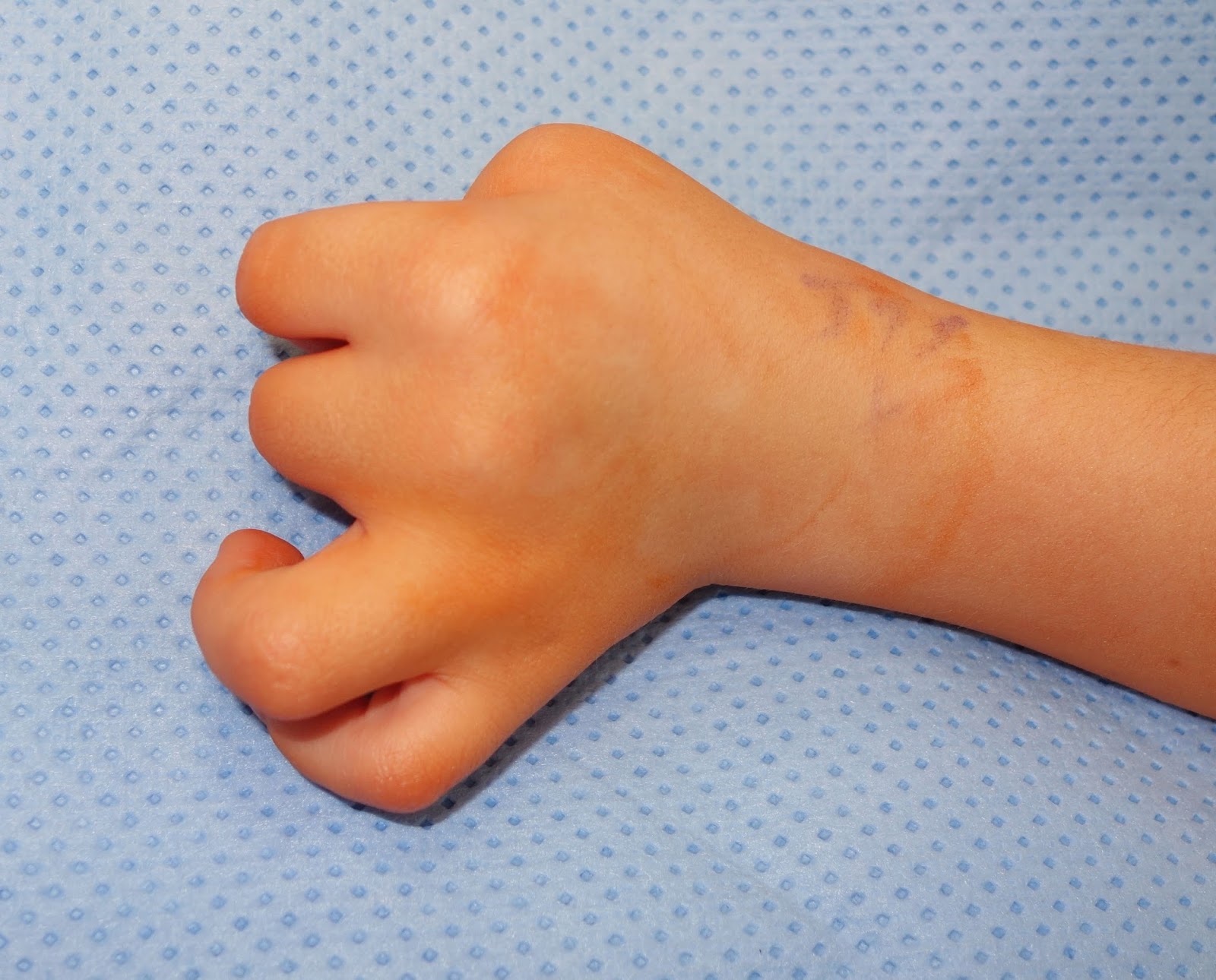
What is Floating–Harbor Syndrome? Floating–Harbor Syndrome (FHS) is a rare genetic disorder that affects roughly 1 in 1 million people. Named after the Boston Floating Hospital and Harbor General Hospital in California, where the first cases were identified, FHS is caused by mutations in the SRCAP gene on chromosome 16. This condition leads to a unique set of physical and developmental features, including short stature, delayed bone age, and speech and language delays. Individuals with FHS often have distinctive facial characteristics, such as a prominent nose and a high-pitched voice. Despite its rarity, understanding FHS is crucial for providing the best care and support to those affected.
What is Floating–Harbor Syndrome?
Floating–Harbor Syndrome (FHS) is a rare genetic disorder with unique physical and developmental traits. Named after the Boston Floating Hospital and Harbor General Hospital, where the first cases were identified, FHS affects a tiny fraction of the population.
-
Definition and Rarity: FHS is extremely rare, affecting about 1 in 1 million people. This makes it one of the rarest known genetic conditions.
-
Causes: Mutations in the SRCAP gene on chromosome 16 cause FHS. These mutations disrupt normal cell growth and development.
-
Inheritance Pattern: FHS follows an autosomal dominant inheritance pattern. Only one copy of the mutated gene is needed to cause the condition. However, most cases occur randomly due to new mutations.
Recognizing the Symptoms
FHS presents a variety of symptoms, some of which are more noticeable than others. Understanding these can help in early diagnosis and management.
-
Symptoms: Key symptoms include short stature, delayed bone age, and speech and language delays. A distinctive facial appearance and mild to moderate intellectual disability are also common.
-
Facial Features: Individuals with FHS often have a prominent nose, high-pitched or nasal voice, and other unique facial characteristics. These features are usually noticeable from birth or early childhood.
-
Speech and Language Delays: Speech and language development are significantly delayed. Some individuals may not learn to speak, while others have limited vocabulary and unclear pronunciation.
-
Intellectual Disability: Mild to moderate intellectual disability is common. The severity can vary widely among affected individuals.
Physical and Developmental Challenges
FHS affects more than just appearance and speech. It can also lead to various physical and developmental challenges.
-
Skeletal Malformations: Besides delayed bone age, individuals may experience skeletal malformations, including issues with bone mineralization and growth patterns.
-
Growth Hormone Therapy: Some children benefit from growth hormone therapy, which can improve growth and development, increasing height and reducing delayed bone age severity.
-
Motor Milestones: Typically, children with FHS do not experience delays in reaching motor milestones like sitting, crawling, and walking. However, they may face challenges with formal learning and cognitive tasks.
Behavioral and Medical Concerns
Behavioral issues and other medical concerns are also part of the FHS spectrum. These can vary in severity and impact.
-
Behavioral Issues: Problems such as temper tantrums, ADHD, and anxiety are more common in children with FHS. These issues often improve with age.
-
Medical Concerns: Minor vision problems, hearing issues, and gastrointestinal problems may occur. Seizures and epilepsy have been reported in a small number of cases.
Diagnosis and Management
Early diagnosis and appropriate management are crucial for improving the quality of life for those with FHS.
-
Genetic Testing: Genetic testing can confirm an FHS diagnosis by analyzing the SRCAP gene for mutations. This helps in identifying the condition and planning appropriate management.
-
Clinical Characterization: A study of 52 individuals with FHS mutations in exon 34 of the SRCAP gene provided detailed clinical characterization, highlighting facial phenotype and expressive language impairments as defining features.
-
Diagnostic Features: Short stature, delayed bone age, and characteristic facial features help diagnose FHS. Genetic testing is essential for confirmation.
Treatment and Support
Managing FHS involves a combination of treatments and support systems tailored to individual needs.
-
Management and Treatment: Treatment is primarily symptomatic and supportive, including speech therapy, physical therapy, and educational support. Growth hormone therapy may be recommended for those who benefit from it.
-
Support Groups: Support groups for families affected by FHS provide emotional support and connect families with resources and experts. These groups offer valuable information and community.
Research and Historical Context
Understanding the history and ongoing research into FHS can provide hope for future advancements in treatment and management.
-
Research and Advances: Ongoing research aims to better understand the genetic and molecular mechanisms underlying FHS, potentially leading to more effective treatments and management strategies.
-
Historical Context: The first cases of FHS were reported in the 1970s, leading to the naming of the condition after the two hospitals involved. Since then, more than 60 cases have been documented in medical literature.
-
Global Impact: While rare, FHS affects families worldwide. The condition highlights the importance of genetic screening and early intervention in managing rare genetic disorders, underscoring the need for continued research to improve patient outcomes and quality of life.
Final Thoughts on Floating–Harbor Syndrome
Floating–Harbor Syndrome (FHS) is a rare genetic disorder with unique challenges. Caused by mutations in the SRCAP gene, it affects growth, speech, and intellectual development. Recognizable by distinct facial features and short stature, FHS often requires a multi-faceted approach for management. Speech therapy, growth hormone treatments, and educational support play crucial roles in improving quality of life. Genetic testing confirms the diagnosis, helping families plan better care. Behavioral issues like ADHD and anxiety are common but tend to improve over time. Support groups and ongoing research offer hope and resources for affected families. Understanding FHS is key to providing the best care and support, ensuring those with the condition lead fulfilling lives.
Was this page helpful?
Our commitment to delivering trustworthy and engaging content is at the heart of what we do. Each fact on our site is contributed by real users like you, bringing a wealth of diverse insights and information. To ensure the highest standards of accuracy and reliability, our dedicated editors meticulously review each submission. This process guarantees that the facts we share are not only fascinating but also credible. Trust in our commitment to quality and authenticity as you explore and learn with us.


